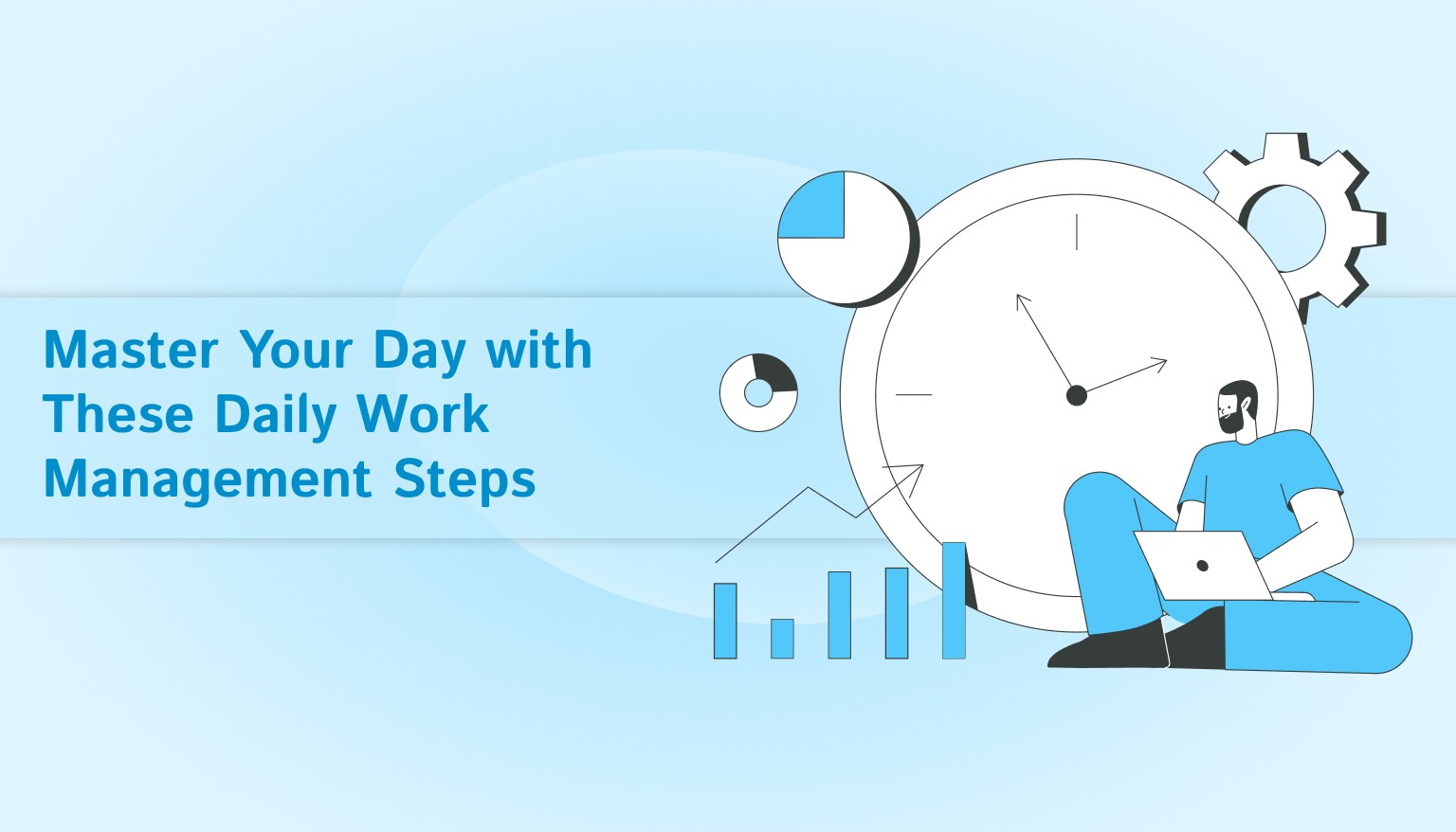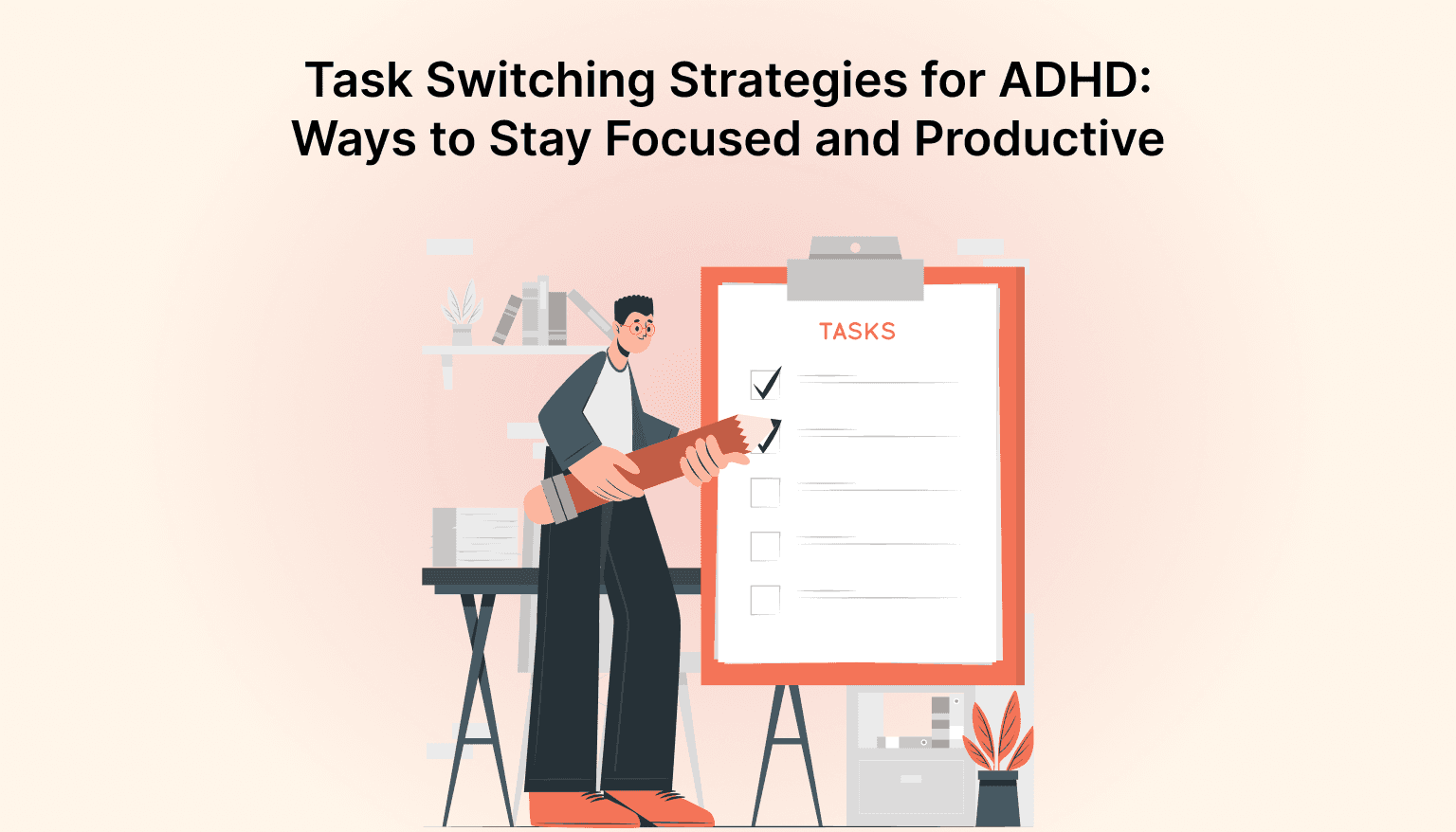Akiflow vs Sunsama: Features, Pricing, and Which to Choose

8
Most professionals aren’t managing their time as well as they think. According to a 2024 report from Homebase, 82% of people don’t use a structured time management system. Instead, they rely on scattered to-do lists or overloaded inboxes. Another study from Breeze found that the average worker is productive for just 2 hours and 53 minutes each day.
This gap between plans and progress is exactly what tools like Akiflow and Sunsama aim to solve. Both help users bring structure to their day, reduce distractions, and stay focused. But they go about it in very different ways.
In this comparison, we’ll look at the philosophy behind each tool, how they handle task planning, time blocking, focus, automation, and more. If you’re deciding between Akiflow and Sunsama, this guide will help you figure out which one fits your workflow best.
Core Philosophy and Approach
Akiflow is built for high-performing professionals who want structure without slowing down. It acts as a command center, pulling tasks from tools like Slack, Gmail, and Notion, then turning them into a clear schedule. The goal is to reduce friction, speed up decision-making, and create space for focused work.

Sunsama takes a more reflective approach. It guides you through a daily planning process where you set intentions, estimate task effort, and build a day that feels sustainable. The experience is less about speed and more about mindful execution.

Who they're for:
Akiflow suits power users who want to work quickly, plan decisively, and keep everything in one place. Sunsama is a better fit for those who prefer a slower pace, value daily reflection, and want more guidance as they plan.
These different philosophies shape how each tool works. Let’s move into the features to see how that plays out in practice.
Features Breakdown
Now that we’ve looked at the thinking behind each tool, let’s get into what it’s like to actually use them. This section covers how they handle task input, scheduling, planning, focus, and automation; core elements of any productivity system.
a. Task Management
The first step in any planning system is capturing tasks. Here’s how Akiflow and Sunsama handle inputs and organization.
Feature | Sunsama | |
Task capture | Fast input with keyboard shortcuts and a universal inbox | Manual selection during guided planning |
Integrations | Slack, Gmail, Notion, Asana, Todoist, and more | Gmail, ClickUp, Trello, Outlook, and others |
Inbox behavior | Centralized, built for speed | Curated, designed for thoughtful review |
Workflow style | Quick triage, scheduling, and categorization | Slower, more deliberate task review |
b. Time Blocking and Calendar Integration
Once tasks are in, you need to schedule them. This is where time blocking and calendar sync come in.
Feature | Sunsama | |
Calendar sync | Real-time sync with Google Calendar and Outlook | Two-way sync with Google Calendar |
Time blocking | Drag tasks onto the calendar instantly | Add estimated durations and block time during daily planning |
Rescheduling | Quick drag-and-drop changes | Slightly more structured, fits into the daily review process |
Visual layout | Full control with a flexible, editable calendar view | Clean layout with suggested planning flow |
c. Daily Planning Experience
Daily planning can either be freeform or guided. This section looks at how each tool helps you start your day and adapt as things shift.
Feature | Sunsama | |
Planning flow | Self-directed: review inbox, prioritize, block time | Guided: review past day, set focus, plan new tasks |
Speed vs structure | Optimized for speed | Built around daily reflection and pacing |
Ideal for | Users who want full control and flexibility | Users who benefit from a repeatable planning ritual |
d. Notifications and Distraction Control
This part looks at how each tool helps reduce distractions and support focus throughout the day.
Feature | Sunsama | |
Notifications | Smart alerts tied to schedule and task start times | Gentle nudges to stay on track, minimal distractions |
Focus tools | Focus Mode hides everything except the current task | Encourages focus through simplicity, not aggressive reminders |
Distraction handling | Designed to reduce context switching | Designed to support calm, sustained attention |
e. AI and Automation
Finally, we look at how the tools support you with AI and automation. This matters more as your task volume grows.
Feature | Sunsama | |
AI features | Task prioritization, scheduling conflict detection | None at the moment |
Automation | Custom rules for task routing and integrations | Manual only, no built-in automation |
Control level | High, especially for users handling many inputs | Lower, favoring deliberate task selection |
After looking at features, it's also worth considering how each tool feels to use. The interface, speed, and overall experience can have a big impact on whether the tool becomes part of your daily routine or just another tab you avoid.
Design and Usability
How a tool feels day to day often matters just as much as what it can do. Akiflow and Sunsama take very different approaches.
Key differences:
Akiflow feels like a productivity dashboard. It’s built for speed, especially with keyboard shortcuts. You can create a task, tag it, and block time in under five seconds without ever touching your mouse. If you think in actions and shortcuts, Akiflow lets you move fast without clutter.

Sunsama is more like a guided journal. Each morning, it walks you through a daily planning ritual: review yesterday’s work, choose what to focus on today, and block your time. You interact with the app primarily through clicking and dragging, not shortcuts. It’s slower, but intentionally so.
A big part of choosing a productivity tool is whether it plays well with the rest of your stack. Here's how Akiflow and Sunsama handle integrations and automation behind the scenes.
Integrations
Integrations matter because most of your tasks don’t start in a to-do app. Akiflow and Sunsama both support common tools, but they take different approaches.
Key differences:
Akiflow connects deeply and works automatically.
For example, if you star an email in Gmail or get tagged in a Slack message, it can instantly show up in your Akiflow inbox. You can also create rules to auto-schedule tasks or assign tags based on their source. It’s ideal for people dealing with high input volume from multiple platforms.

Sunsama connects thoughtfully but keeps you in control. Instead of pulling everything in automatically, it lets you browse your connected tools (like Trello or ClickUp) and hand-pick the tasks you want to work on today. This intentional step helps reduce overwhelm, but it adds more manual effort.
Cost matters, especially when you're choosing a tool you'll rely on daily. Both Akiflow and Sunsama are premium tools, but they differ in what you get for the price.
Pricing
You want a tool that fits your budget and your needs. Here's a side-by-side look at their current plans and which types of users they serve best.
Plan Details | Sunsama | |
Free trial | 7 days | 14 days |
Monthly pricing | ||
Annual pricing | ||
Ideal use case | High-output solo professionals seeking speed and automation | Freelancers and teams valuing daily structure and reflection |
Value for money | Strong if speed and automation are priorities | Strong if daily structure and reflection matter |
User rating (avg) |
Features aside, every tool has its trade-offs. Let’s wrap things up by looking at the big picture.
Pros and Cons
No tool is perfect. Here's a high-level view of what each platform gets right and where it might not fit every workflow.
Akiflow
Sunsama

Now that you’ve seen the details, here’s how to make your final decision.
Conclusion
Akiflow and Sunsama are built for different ways of working.
If your day involves constant inputs from multiple tools and you need to move quickly, Akiflow gives you the structure and control to stay focused. If you prefer a slower, more intentional planning style, Sunsama helps you pace your day with clarity.
The best way to decide is by trying each one in your real workflow. Look at which tool feels natural to use and actually helps you stay on track. The right fit should support how you already work, not force you to change everything.
Ready to take control of your time?
Try Akiflow for free and see how it fits into your daily workflow. No clutter, no overwhelm. Just a faster, more focused way to plan and get things done.



